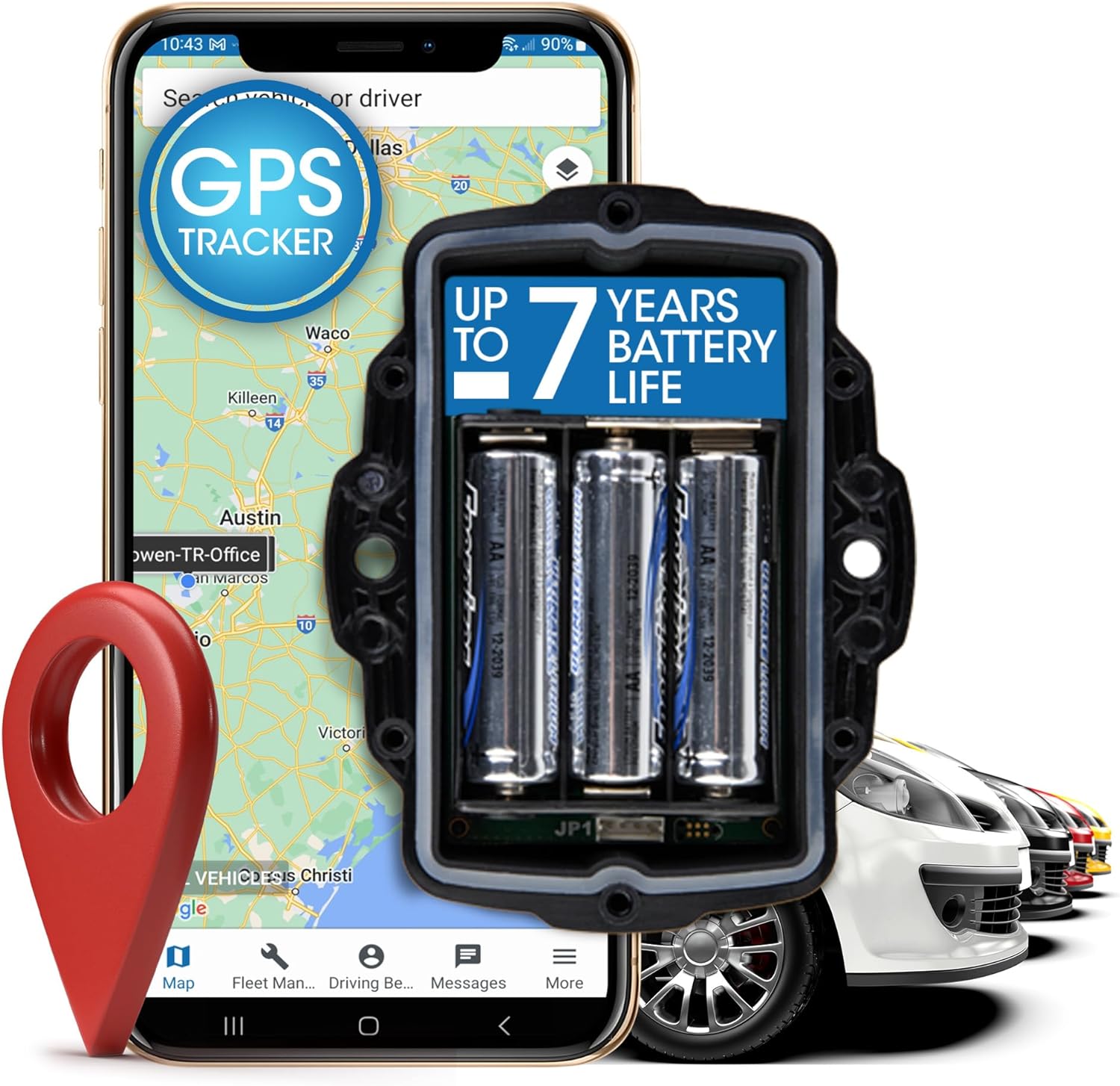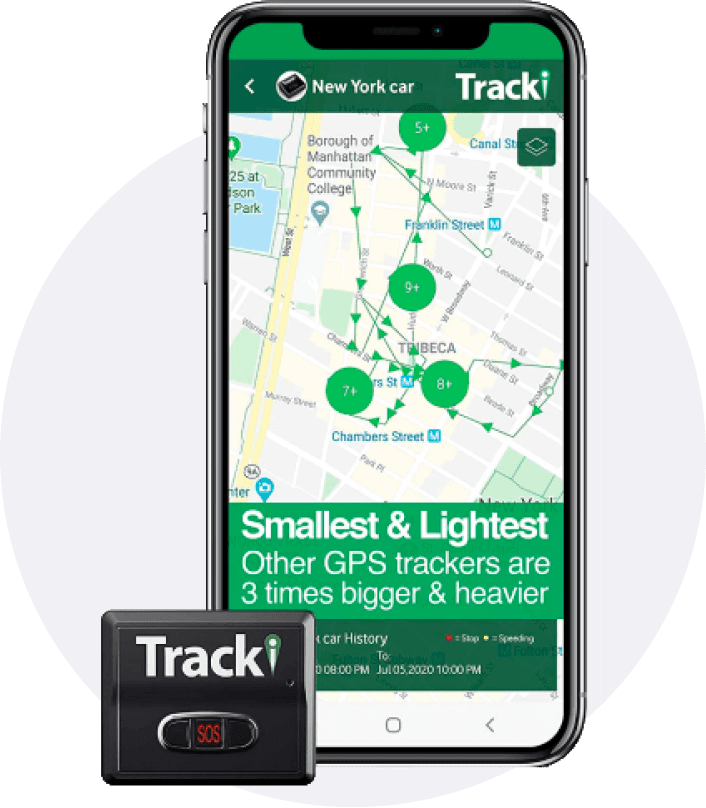Just How GPS Tracking Can Enhance Your Service Workflow
Just How GPS Tracking Can Enhance Your Service Workflow
Blog Article
Navigating the Future of GPS Monitoring: Developments, Difficulties, and Opportunities Ahead
As we stand at the crossroads of technical improvements and social implications, the landscape of GPS tracking is positioned for a transformative trip in advance. The advancement of GPS modern technology has been quick, introducing a new period of real-time monitoring capabilities that promise unprecedented degrees of precision and performance. With terrific development comes wonderful duty, as information privacy concerns impend huge and safety challenges in GPS monitoring raising pertinent inquiries concerning safeguarding delicate information. Yet, in the middle of these challenges exist hidden opportunities waiting to be discovered, using a look into the untapped potential of an industry at the brink of modification.
Advancement of GPS Technology
The Advancement of GPS Innovation has been noted by substantial innovations in accuracy, insurance coverage, and effectiveness over the years. Initially created for armed forces purposes, GPS modern technology has actually evolved to end up being an ubiquitous device in different sectors, including transport, logistics, agriculture, and individual navigating. Early GPS systems were defined by limited coverage, reduced accuracy, and bulkier equipment needs. Nonetheless, with recurring technological advancements, GPS has transitioned to extra reliable and accurate systems that offer international protection and improved precision.
One secret milestone in the development of GPS innovation was the advancement of Selective Accessibility (SA) in the 1990s, which purposefully weakened the accuracy of noncombatant GPS signals. The discontinuation of SA in 2000 dramatically enhanced GPS accuracy for noncombatant users. Subsequent improvements, such as the release of extra satellite constellations like Galileo and BeiDou, have actually even more enhanced GPS protection and precision, making it an essential tool in everyday life. As general practitioner modern technology continues to advance, we can expect further improvements in accuracy, coverage, and performance, opening up brand-new possibilities for technology and applications throughout numerous markets.
Real-Time Monitoring Innovations
Structure on the advancements in GPS innovation that have actually changed accuracy and protection, real-time monitoring has actually become a critical area of innovation with profound effects across various markets. Real-time monitoring advancements enable services and organizations to keep track of employees, possessions, and automobiles immediately, providing valuable understandings for decision-making processes - gps tracking. By leveraging real-time data, firms can boost operational effectiveness, boost customer care, and make certain the safety and security and safety of their assets
One of the crucial improvements in real-time monitoring is the integration of artificial intelligence and artificial intelligence algorithms, which make it possible for predictive analytics and anomaly discovery. These capabilities permit aggressive maintenance scheduling, course optimization, and risk mitigation approaches. The evolution of real-time tracking systems has actually led to the advancement of adjustable control panels and mobile applications, equipping users to accessibility essential information anytime, anywhere.
Information Privacy Issues

Data privacy worries encompass different elements, including the storage space, sharing, and retention of location data. Services should carry out robust safety and security actions to shield GPS tracking information from cyber risks and information breaches. Clear policies relating to data collection practices and the objective of tracking are vital to build depend on with consumers and guarantee conformity with information protection regulations.

Safety And Security Challenges in GPS Monitoring
Resolving data personal privacy concerns in GPS monitoring is intricately connected to mitigating the protection challenges that arise from possible susceptabilities in the innovation. Among the main safety obstacles in GPS tracking is the danger of unauthorized accessibility to sensitive area information - gps tracking. Cyberpunks could obstruct GPS signals, adjust area information, or perhaps track people without their approval. This not just gets into individual privacy but likewise poses major security dangers.
An additional safety and learn this here now security difficulty is the potential for obstructing or spoofing GPS signals. By transmitting false signals or interfering with legit ones, malicious actors can trick GPS receivers and control place data. This positions threats not only for individual customers but also for governmental and armed forces applications that depend on specific placing details. Implementing durable file encryption, verification steps, and signal confirmation procedures are crucial steps in resolving these protection challenges in GPS tracking.
Emerging Opportunities in the Sector
The expanding field of GPS tracking modern technology provides a myriad of appealing possibilities for sector development and development. One key opportunity exists in the development of General practitioner monitoring applications beyond traditional markets. General practitioner tracking can revolutionize patient treatment by enabling remote tracking of vital indications and making sure prompt medical aid.
One more substantial chance in the GPS tracking industry is the combination of sophisticated analytics and expert system. By leveraging these modern technologies, companies can obtain valuable insights from GPS data to enhance functional efficiency, boost decision-making procedures, and offer customized solutions to clients. Furthermore, the increasing demand for linked devices and IoT services offers a ripe chance for GPS monitoring firms to broaden their offerings and create innovative options that accommodate a much more linked world. By maximizing these emerging opportunities, GPS monitoring business can position themselves for sustained growth and success in the vibrant landscape of the sector.
Final Thought
In final thought, the future of general practitioner tracking is noted by constant evolution and innovation in innovation. Real-time tracking developments and arising possibilities present promising leads for the market. However, information privacy read this issues and security challenges stay substantial obstacles that need to be dealt with. As the market moves forward, browsing these obstacles will certainly be crucial to make certain the ongoing growth and success of general practitioner tracking modern technology.
With fantastic development comes wonderful duty, as information personal privacy issues loom huge and security challenges in GPS monitoring raise pertinent concerns concerning securing delicate details.With the rapid proliferation of General practitioner monitoring technology in various markets, dealing with information personal privacy problems has become a crucial crucial for both customers and businesses alike. The collection of location data via GPS tracking increases substantial privacy problems, as it allows the monitoring of people' movements and habits. Companies making use of GPS tracking should focus on securing this data to stop unauthorized access or misuse that can compromise people' personal privacy legal rights.
Organizations have to implement robust safety and security measures to protect GPS tracking data from cyber risks and data breaches.
Report this page